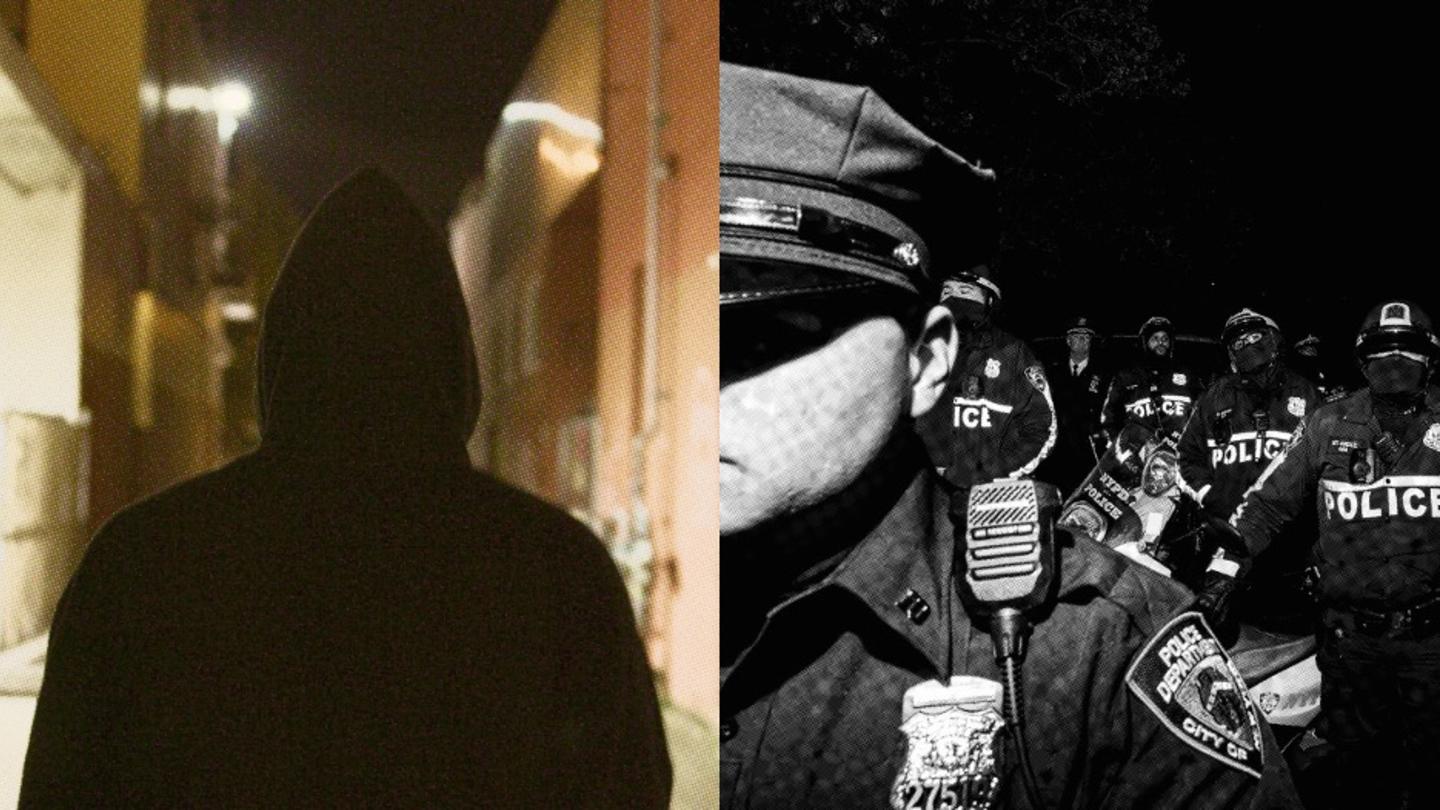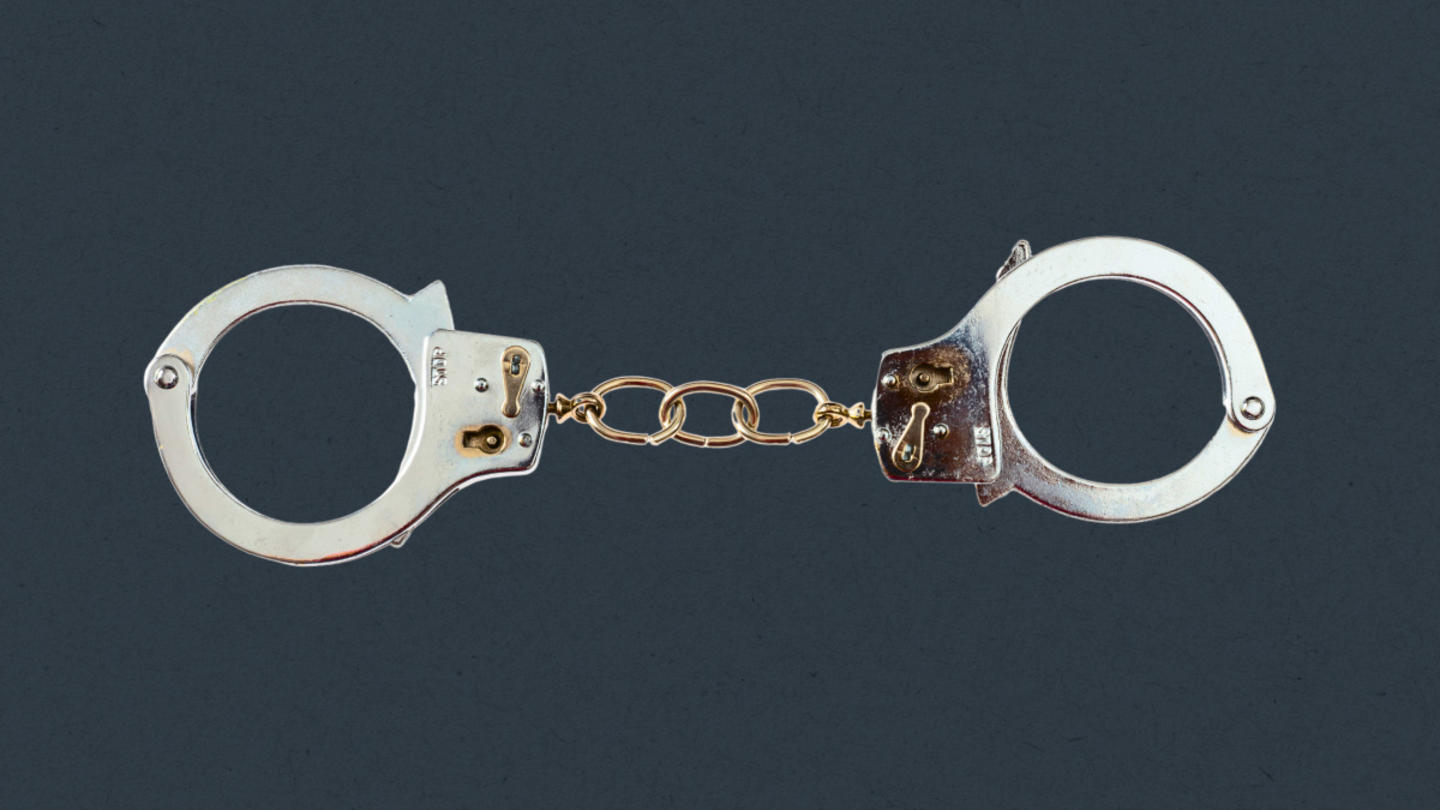Kate was told by a judge that if she worked hard, she could cut her four-year probation sentence down to two.
In Idaho, she was supervised by a parole officer, diligently fulfilling all of the requirements for "good behavior" that would qualify her for early release. She obtained a stable job and housing. But she remained on parole nonetheless.
This was neither Kate nor her parole officer's fault. Kate's parole officer was responsible for 90 people, each of whom had 21 tasks to qualify for release, including earning credits, passing drug tests, and paying fees. These tasks were in turn divided up into five separate databases, and one officer didn't have the technological capacity or time to check on all 90 people each day.
So, Kate suffered the same fate that hundreds of nonviolent offenders do every day in America: she fell through the cracks.
Recidiviz is a criminal justice reform nonprofit created to solve this problem. It brings together data from various criminal justice agencies into one place, and streamlines analysis so that criminal justice workers can make decisions quickly and accurately.
In doing so, not just decision makers and those within the criminal justice system stand to benefit — society as a whole does as well.
A compartmentalized data system has failed to evolve into the 21st century
Put simply, "bad data traps people in the U.S. justice system," says Clementine Jacoby, executive director at Recidiviz.
In the 1970s, state prisons, county jails, and city police departments all ballooned rapidly in size without restructuring or connecting. Today, each entity runs as a siloed system, each with different databases that don't interact.
There are laws that recognize that prisoners and people on parole should be able to reduce their sentences based on good behavior. But to implement them, data is needed — and the data isn't coherent, or accessible.
"The data was so bad that people who had done everything they needed to do to be released from prison were still stuck in the system," says Jacoby.
Recidiviz consolidates and clarifies data to bring justice faster
Recidiviz offers multiple solutions to this problem. Most importantly, it creates a universal database, where data from related agencies can be found in one place.
It streamlines and automates data processing, showing parole officers and other administrators who is eligible for release; who is nearly eligible and what their final requirements are; and who is lagging far behind and needs extra attention.
Recidiviz also works individually with departments to build custom data processing tools adapted to their unique workflow that address their particular needs.
Now, decision-makers can be notified the moment someone becomes eligible for release or parole - rather than months later.
Those working at ground level are empowered to make change from the bottom up, particularly those working in small and/or underfunded agencies.
Mutual benefit for communities and people serving criminal punishments
Reducing incarceration creates meaningful benefits not just for people who are unnecessarily incarcerated, but their communities as well.
By not locking up those who don't pose a threat to public safety, peoples' lives aren't needlessly destroyed. As a result, they are able to better provide for themselves and their families without resorting to crime, increasing public safety.
As a bonus, taxpayer dollars are saved that would otherwise go towards funding the prison and parole sentences of those who don't need to be in the system.
According to Recidiviz: "It's going to take unity to re-invent our justice system."
Recidiviz knows that data poses powerful opportunities for policy change
After Recidiviz launched in Idaho, Kate was released from probation in just six weeks. Within months, 70,000 people were safely returned to their communities sooner, helping to save the state $1.1 billion.
Recidiviz has since spread to 11 states. In 2023, they hope to cover 40% of the U.S. incarcerated population. The simplicity of Recidiviz means it has the opportunity to rapidly grow in scale — and impact.
And long-term, it is poised to equip decision-makers to significantly reduce unnecessary incarceration. By showing parole officers what requirements people are struggling with most (getting a job, getting housing, etc.), it can help policy makers see which laws are holding people back and in turn, hurting public safety.
"It can show us which strategies are working," says Jacoby. "It can give us the confidence that the laws that we fight for are actually helping the people they're designed to help."
Recidiviz is supported by Stand Together Trust, which provides funding and strategic capabilities to innovators, scholars, and social entrepreneurs to develop new and better ways to tackle America's biggest problems.
Learn more about Stand Together's criminal justice reform efforts.




